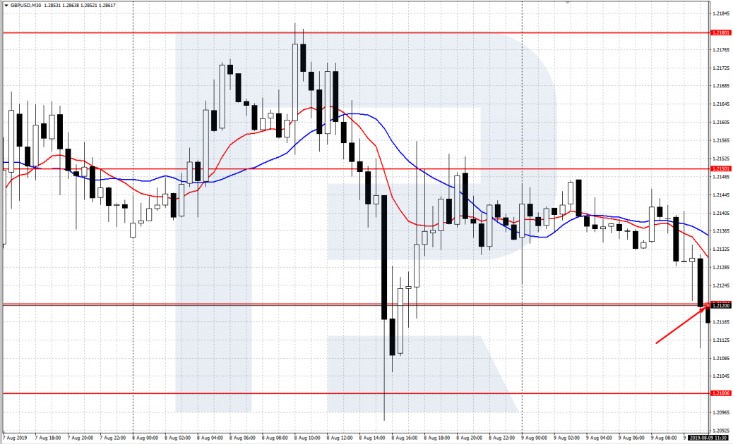This enables the comparison between the average forecast price and the effective close price. The European Central Bank is expected to cut key rates by 25 bps at the September policy meeting. ECB President Christine Lagarde’s presser and updated economic forecasts will be closely scrutinized for fresh policy cues.
Latest EUR/GBP News
Each participant’s bias is calculated automatically based on the week’s close price and recent volatility. Together with the close price, this chart displays the minimum and maximum forecast prices collected among individual participants. The result is a price corridor, usually enveloping the weekly close price from above and below, and serves as a measure of volatility.
EUR/USD flubs attempt to recapture 1.11, closes flat on Friday
- Events and news related to the exit of Great Britain of the European Union will probably affect the pair and create choppier movements than usual.
- This enables the comparison between the average forecast price and the effective close price.
- Investors look to Fed and BoJ meetings next week for a fresh directional impetus.
- It smooths the typical outcome eliminating any possible noise caused by outliers.
- The 10-year US Treasury bond yield stays in the red below 3.7% as markets reassess the odds of a large Fed rate cut, helping XAU/USD push higher.
- By displaying three central tendency measures (mean, median, and mode), you can know if the average forecast is being skewed by any outlier among the poll participants.
By displaying three central tendency measures (mean, median, and mode), you can know if the average forecast is being skewed by any outlier among the poll participants. This measure is fusion markets review basically an arithmetical average of the three central tendency measures (mean, median, and mode). It smooths the typical outcome eliminating any possible noise caused by outliers.
Ethereum hovers around $2,300 as WazirX exchange exploiter moves 5,000 Ether to a new wallet address and a crypto mixer. Normally, the EUR/USD is very quiet during the Asian session because economic data that affects the fundamentals of those currencies is released in either the European or U.S. session. Once traders in Europe get to their desks a flurry of activity hits the avatrade review tape as they start filling customer orders and jockey for positions. At noon activity slows down as traders step out for lunch and then picks back up again as the U.S. comes online.
USD/JPY remains under some selling pressure on Friday and hits a fresh YTD low. The divergent Fed-BoJ policy expectations continue to weigh heavily on the pair. Investors look to Fed and BoJ meetings next week for a fresh directional impetus.
Euro / British Pound
Gold preserves its bullish momentum and trades near $2,580 after setting a new record-high slightly above this level. The 10-year US Treasury bond yield stays in the red below 3.7% as markets reassess the odds of a large Fed rate cut, helping XAU/USD push higher. Bitcoin trades above $58,000 at the time of writing, adding 2% to its value this week.
The EUR/GBP pair tells the trader how many British Pounds (the quote currency) are needed to purchase one Euro (the base currency). A public vote (known as a referendum) was held in June 2016, when 17.4 million people opted for Brexit. Since the European and British economies are massively intertwined (large amounts of capital are exchanged between the UK and all European countries), the pair used to be relatively stable before the Brexit. Events and news related to the exit of Great Britain of the European Union will probably affect the pair and create choppier movements than usual.
Bouts of volatility (or extreme flat volatility) can be then compared to the typical outcome expressed through the averages. The GBP/USD (or Pound Dollar) currency pair belongs to the group of ‘Majors’, a way to mention the most important pairs in the world. The pair is also called ‘The Cable’, reffering to the first Transatlantic cable that was crossing the Atlantic Ocean in order to connect Great Britain with the United States of America. This term originated in the mid-19th century, which makes it one of the oldest currency pairs. In this chart, the close price is shifted behind so it corresponds to the date when the price for that week was forecasted.


